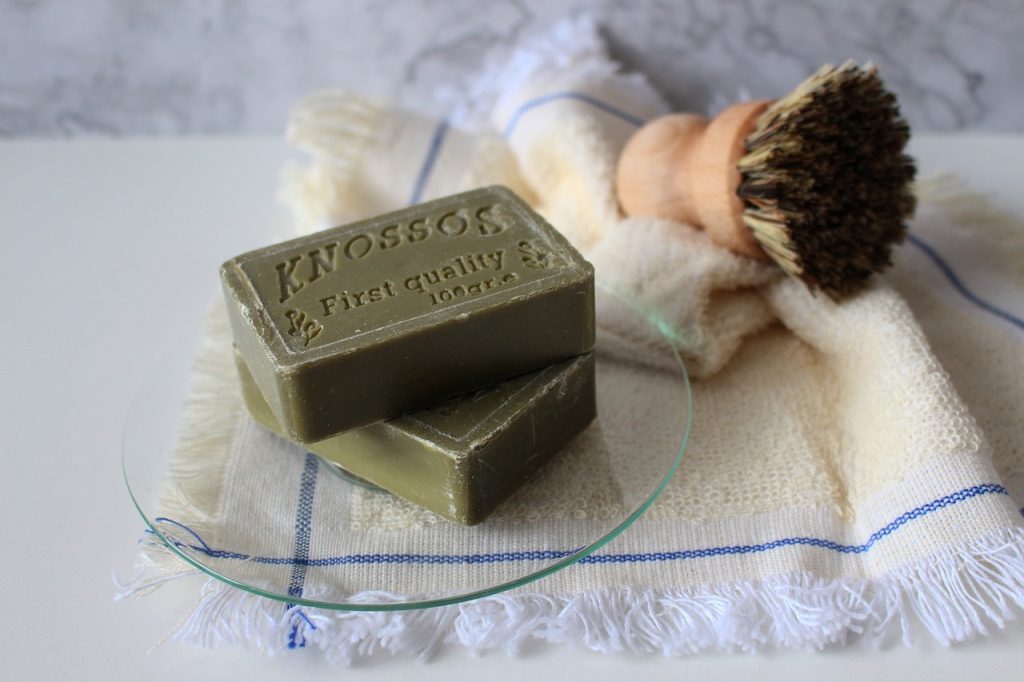Zero-Waste Cooking: Tips And Tricks
In our fast-paced world, where convenience often takes precedence, it’s easy to overlook the impact our daily cooking habits have on the environment. That’s where zero-waste cooking comes in. This article will guide you through a series of invaluable tips and tricks designed to help you reduce waste in your kitchen, from creative ways to repurpose leftovers to mindful grocery shopping techniques. By adopting these simple practices, you’ll not only contribute to a more sustainable future but also discover a whole new world of flavors and possibilities in your culinary journey.

Table of Contents
ToggleUnderstanding Zero-Waste Cooking
What is Zero-Waste Cooking?
Zero-waste cooking is a mindful approach to cooking that aims to minimize food waste and reduce our impact on the environment. It involves utilizing all parts of ingredients, practicing effective meal planning and prep, employing innovative cooking techniques, and implementing sustainable practices throughout the kitchen. By adopting a zero-waste cooking mindset, you can not only save money but also contribute to a more sustainable and eco-friendly lifestyle.
The Benefits of Zero-Waste Cooking
There are numerous benefits to embracing a zero-waste cooking approach. Firstly, it helps reduce food waste, which is a significant contributor to greenhouse gas emissions and environmental degradation. By utilizing all parts of ingredients and minimizing leftovers, you can contribute to the reduction of food waste on both a personal and global scale.
Secondly, zero-waste cooking can save you money. By planning your meals, shopping wisely, and utilizing leftovers effectively, you can make the most out of your groceries and avoid unnecessary expenses. Additionally, by preserving and storing food properly, you can extend its shelf life and reduce the frequency of grocery shopping.
Furthermore, zero-waste cooking encourages creativity in the kitchen. By finding innovative ways to use all parts of ingredients and repurpose leftovers, you can create exciting and flavorful dishes that you may not have thought of otherwise. This approach also challenges you to explore different cooking techniques and experiment with new flavors, enhancing your culinary skills and expanding your repertoire of recipes.
Lastly, adopting a zero-waste cooking mindset allows you to make a positive impact on the environment and contribute to a more sustainable future. By reducing food waste, composting, and using reusable packaging, you can minimize your carbon footprint and promote eco-conscious living.
The Principles of Zero-Waste Cooking
Zero-waste cooking is guided by several principles that serve as a foundation for this sustainable approach:
-
Utilize all parts of ingredients: Zero-waste cooking encourages you to use every edible part of an ingredient, including stems, peels, and scraps. This not only reduces waste but also unlocks the full flavor potential of each ingredient.
-
Plan and prep effectively: By creating a meal plan, shopping wisely, and practicing effective meal prep, you can minimize the likelihood of food going to waste. Planning your meals also allows you to utilize ingredients efficiently and avoid unnecessary purchases.
-
Preserve and store responsibly: Employing techniques such as canning, freezing, and drying can extend the shelf life of ingredients and help prevent spoilage. Proper storage practices, such as understanding expiration dates and utilizing meal-prep containers, further contribute to minimizing food waste.
-
Embrace creativity and innovation: Zero-waste cooking encourages you to think outside the box and find creative ways to repurpose leftovers and utilize unconventional ingredients. This approach fosters culinary exploration and promotes a more sustainable and resourceful mindset in the kitchen.
-
Promote sustainable practices: By embracing composting at home, reducing single-use plastic waste, and engaging in community initiatives, you can further contribute to a more sustainable lifestyle and inspire positive change.

Planning and Prep
Creating a Zero-Waste Meal Plan
One of the key principles of zero-waste cooking is effective meal planning. By taking the time to create a meal plan for the week, you can utilize ingredients efficiently and minimize food waste. Start by assessing the ingredients you already have on hand and build your meals around them. This ensures that no ingredient goes to waste.
When creating your meal plan, consider using versatile ingredients that can be used in multiple dishes. For example, a whole chicken can be roasted for one meal, and the leftover meat can be used in tacos or salads for another meal. Additionally, try to incorporate recipes that use similar ingredients, as this prevents excess ingredients from sitting unused and going bad.
Shopping Wisely
Another essential aspect of zero-waste cooking is shopping wisely. Before heading to the grocery store, take inventory of what you already have at home. This helps you avoid purchasing unnecessary items and reduces food waste.
Make a shopping list based on your meal plan and stick to it. This helps prevent impulse purchases and ensures that you only buy what you need. Additionally, consider shopping at local farmers’ markets or joining a community-supported agriculture (CSA) program to support local producers and reduce the environmental impact associated with long-distance transportation.
When shopping, opt for loose produce rather than pre-packaged items. This reduces the amount of packaging waste generated and allows you to select only the amount you need. Bring reusable shopping bags and produce bags to further minimize plastic waste.
Managing Leftovers
Leftovers are an inevitable part of cooking, but the way you handle them can make a significant difference in reducing food waste. Instead of letting leftovers go to waste, incorporate them into future meals.
One approach is to repurpose leftovers into new dishes. For example, leftover roasted vegetables can be blended into a soup or used as a filling for quesadillas. Get creative and experiment with different flavor combinations to breathe new life into leftovers.
Alternatively, consider batch cooking and freezing individual portions for future meals. This allows you to have quick and convenient meals on hand that can be reheated whenever you need them, preventing leftovers from sitting in the fridge and eventually being discarded.
Effective Meal Prep
Meal prepping is a valuable tool in the zero-waste cooking arsenal. By dedicating time to prep ingredients in advance, you can streamline the cooking process, utilize ingredients efficiently, and prevent food waste.
Start by washing and chopping vegetables, preparing marinades or dressings, and pre-cooking grains or proteins. Store these prepped ingredients in meal-prep containers or reusable bags, ready to be utilized throughout the week. This not only saves time but also ensures that you have everything you need at hand, reducing the temptation to order takeout or waste ingredients due to lack of preparation.

Discover the world of zero-waste cooking with our invaluable tips and tricks. Reduce waste in your kitchen, repurpose leftovers, and shop mindfully for a more sustainable, flavorful culinary journey.
Discover the world of zero-waste cooking with our invaluable tips and tricks. Reduce waste in your kitchen, repurpose leftovers, and shop mindfully for a more sustainable, flavorful culinary journey.